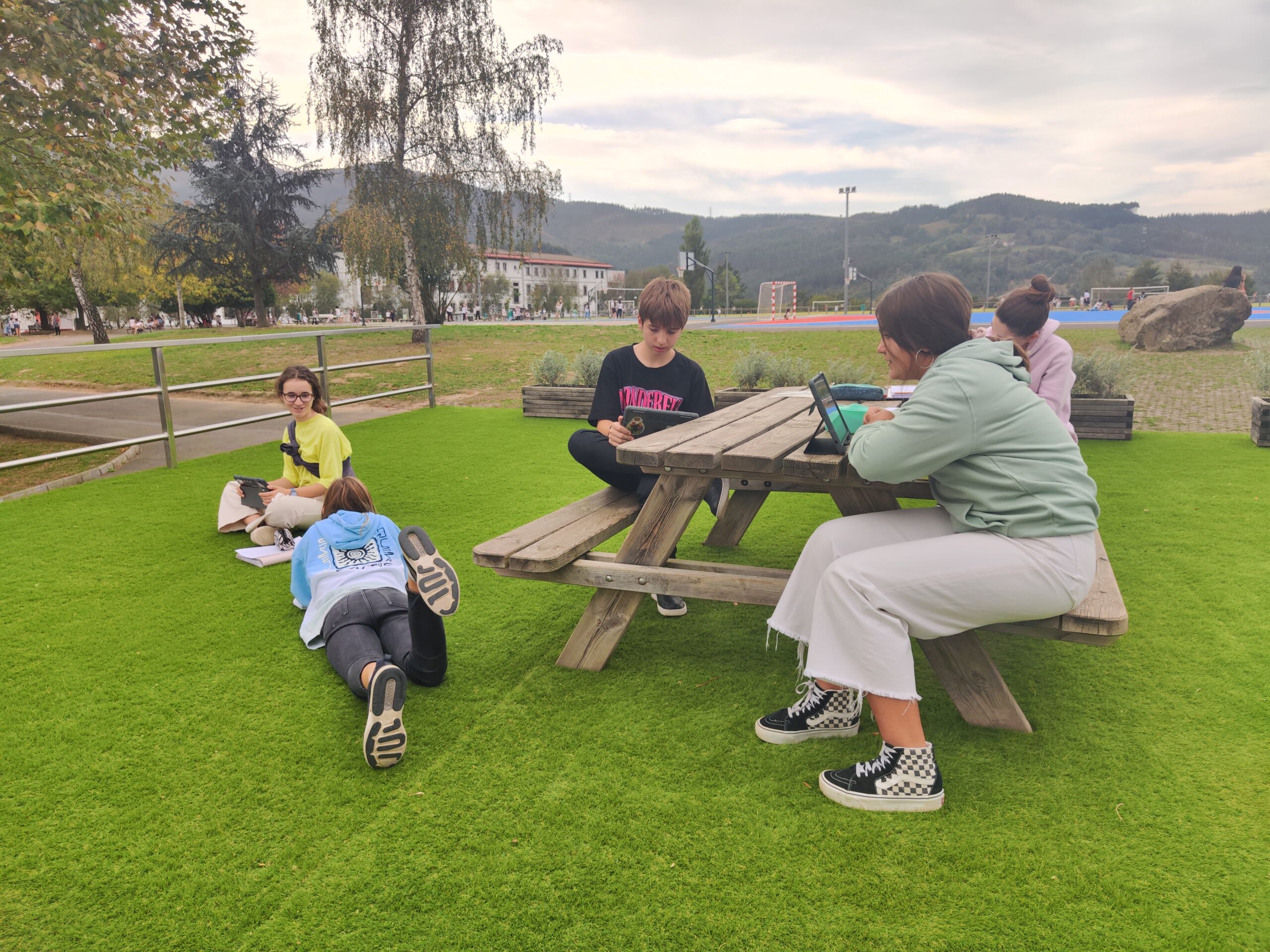0
You have 0 items in your cart
In our commitment to providing a quality, holistic education, we are proud to be a candidate school for the implementation of the International Baccalaureate (IB) Primary Years Programme (PYP) and Middle Years Programme (MYP).
Our educational approach focuses on the attributes of the IB learning community profile, through which we cultivate curious, inquiring, open and engaged, thoughtful, caring, communicative, whole and reflective individuals. People prepared to face the challenges of the 21st century with integrity and solidarity. And for this, we activate all our pedagogical devices. These attributes not only prepare students to meet academic challenges, but also inspire them to act ethically and empathetically in all aspects of their lives.
We foster an international mindset that inspires students to acquire, on the one hand, knowledge about intercultural issues from different perspectives and realities; and on the other hand, to develop global values. This perspective enables them to act as global citizens, aware of their shared responsibility in building a more just and peaceful world.
We believe in the importance of student agency, which empowers our students to take an active role in their own learning, encouraging them to explore and deepen their understanding autonomously and collaboratively. This approach fosters students’ capacity to act as agents of change, aware of their responsibilities and willing to contribute positively to their local and global communities.
The transdisciplinary units of enquiry programme, which runs from the 3-year classroom and throughout the PYP, provides students with a broad, conceptual and connected educational experience, enabling them to integrate knowledge from a range of disciplines to address issues of global and local relevance. Units of enquiry encourage critical thinking, creativity and problem solving, promoting connections between subjects and applying learning in real-world contexts.
In addition, we give special importance to action and service, elements that are reflected in the active participation of students in activities that promote social justice, sustainability and community engagement. Through meaningful projects and actions, our students develop a sense of belonging and actively contribute to the well-being of their environment, demonstrating their capacity for leadership and cooperation.
In our educational community, collaboration and mutual support are essential to ensure an enriching learning environment, where every member has the opportunity to express themselves, make decisions and take responsibility.
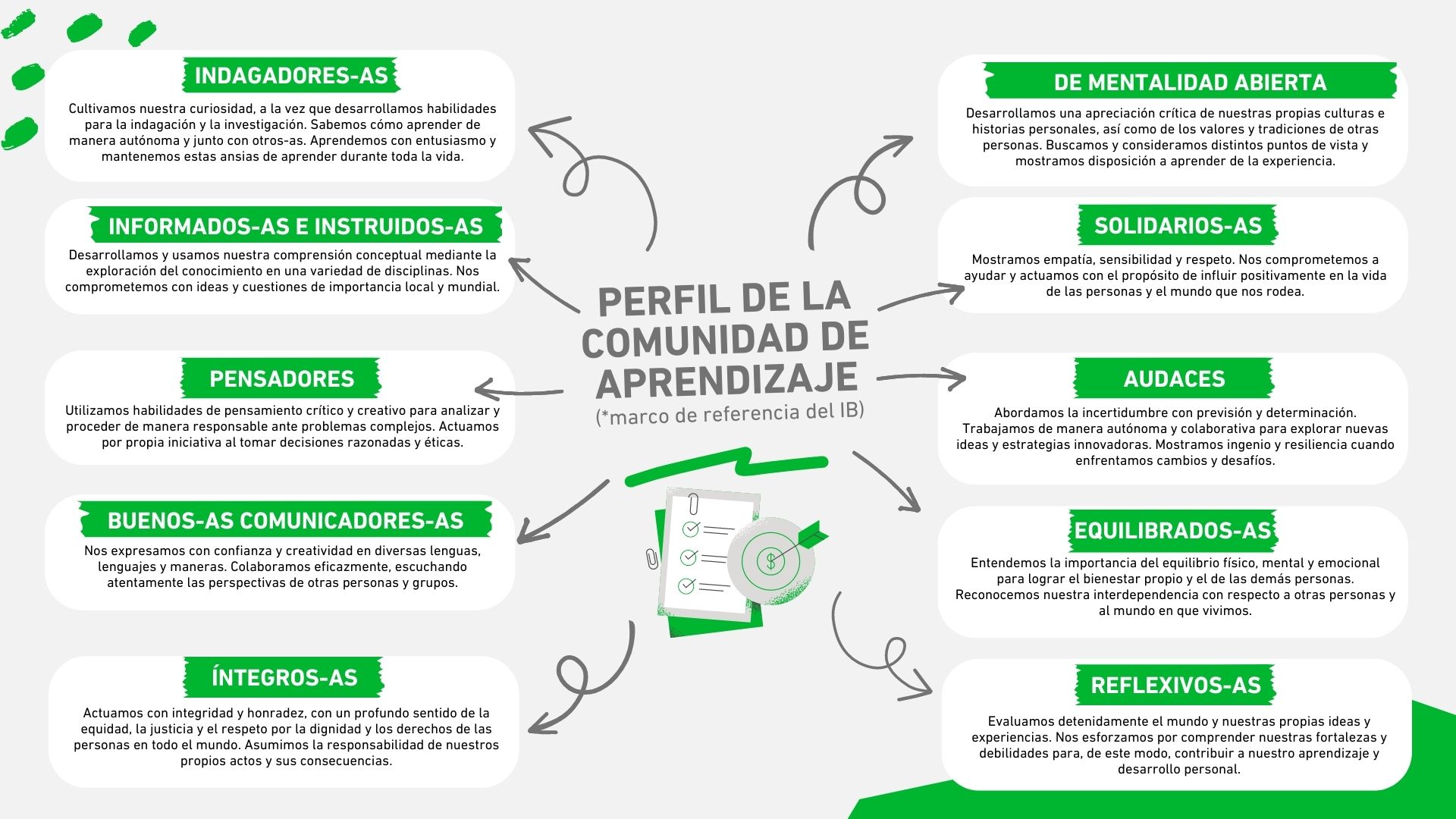
Lauaxeta Ikastola aims for its students to develop and become integrated within an increasingly complex society, and to help improve it. Some essential aspects of the Lauaxeta Ikastola education model are developing the students’ skills, innovation, advanced learning methods, different learning possibilities and personalised learning.
Each student’s learning process is structured around their personal, cognitive and social development, in three major stages called Sendotu, Jabetu and Erabaki. This structure makes it one of the most highly personalised learning projects.
Skills development is the key to Lauaxeta’s educational model. It involves developing the capacity to create knowledge, skills, attitudes, values and principles, so that the students can efficiently and responsibly resolve problems or tasks in certain contexts. The development takes place over three stages and leads to the design of a learning plan to suit the students and their real situation.
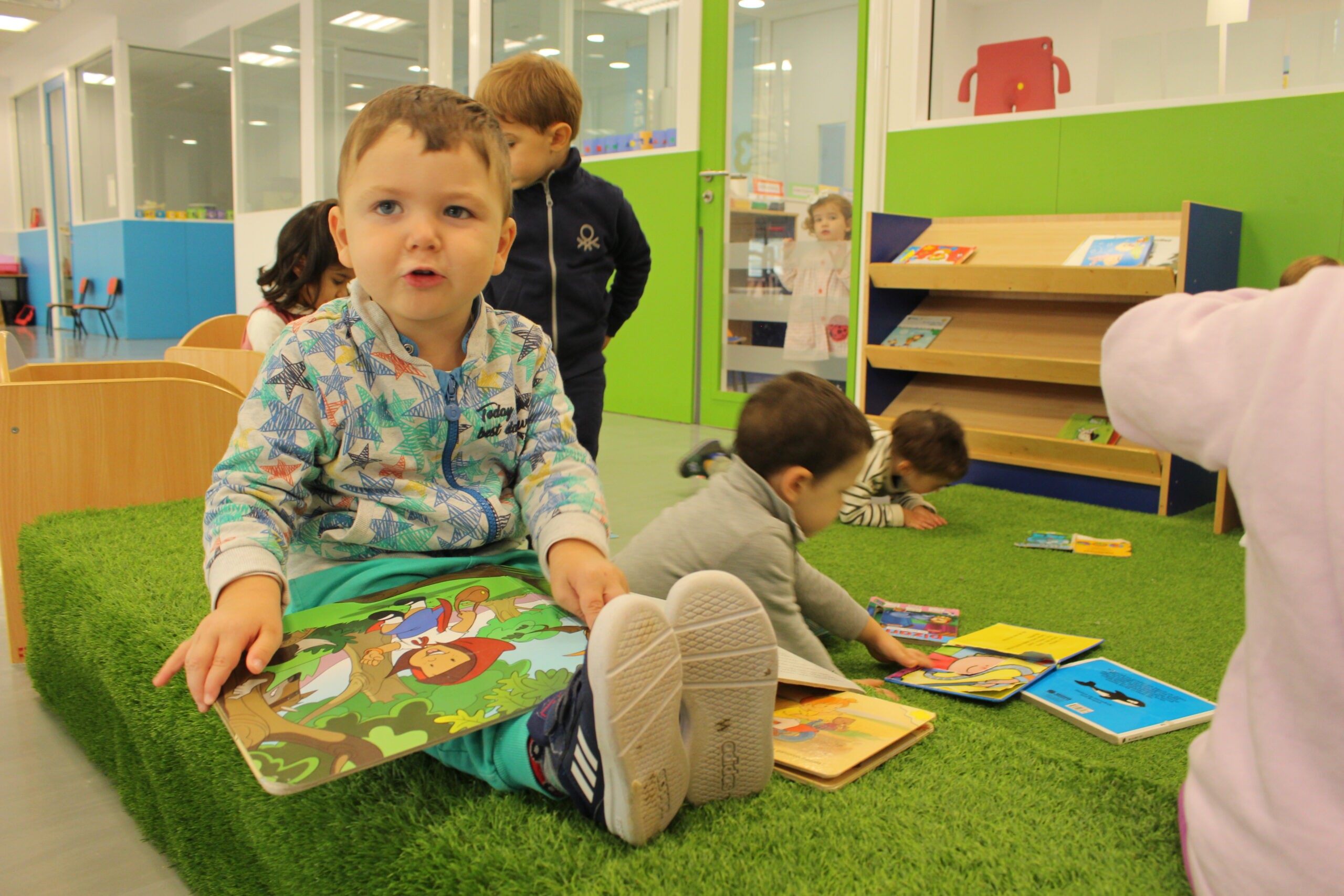
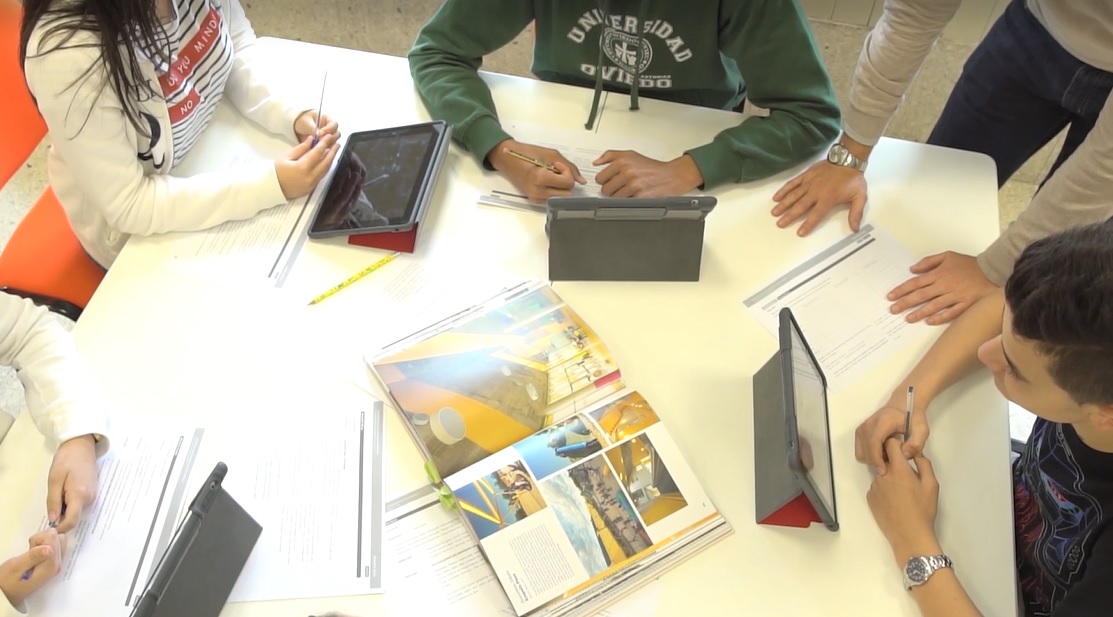
One of the keys to the overall improvement of any society is cooperation. Lauaxeta wants to focus on this aspect, because we know that collaborative work can lead to a better society. Collaborative learning involves the students working together to achieve goals that require a contribution from all of them. The group needs the knowledge and the work of all its members.. Additionally, the working environments of today and tomorrow need people who know how to cooperate and engage in teamwork. It is therefore essential for them to start learning to do so at an early age.
Under this learning model, the students prepare, incorporate and assess projects applied in the real world, i.e. outside the classroom environment. This makes the students think and act by designing a project, using the strategies established to create a plan and provide a solution to a challenge or problem. It aims to do more than just meet the curricular objectives.
They learn a series of problem-solving techniques in contact with people who have different approaches. This stimulates their emotional, intellectual and personal growth through first-hand experiences.
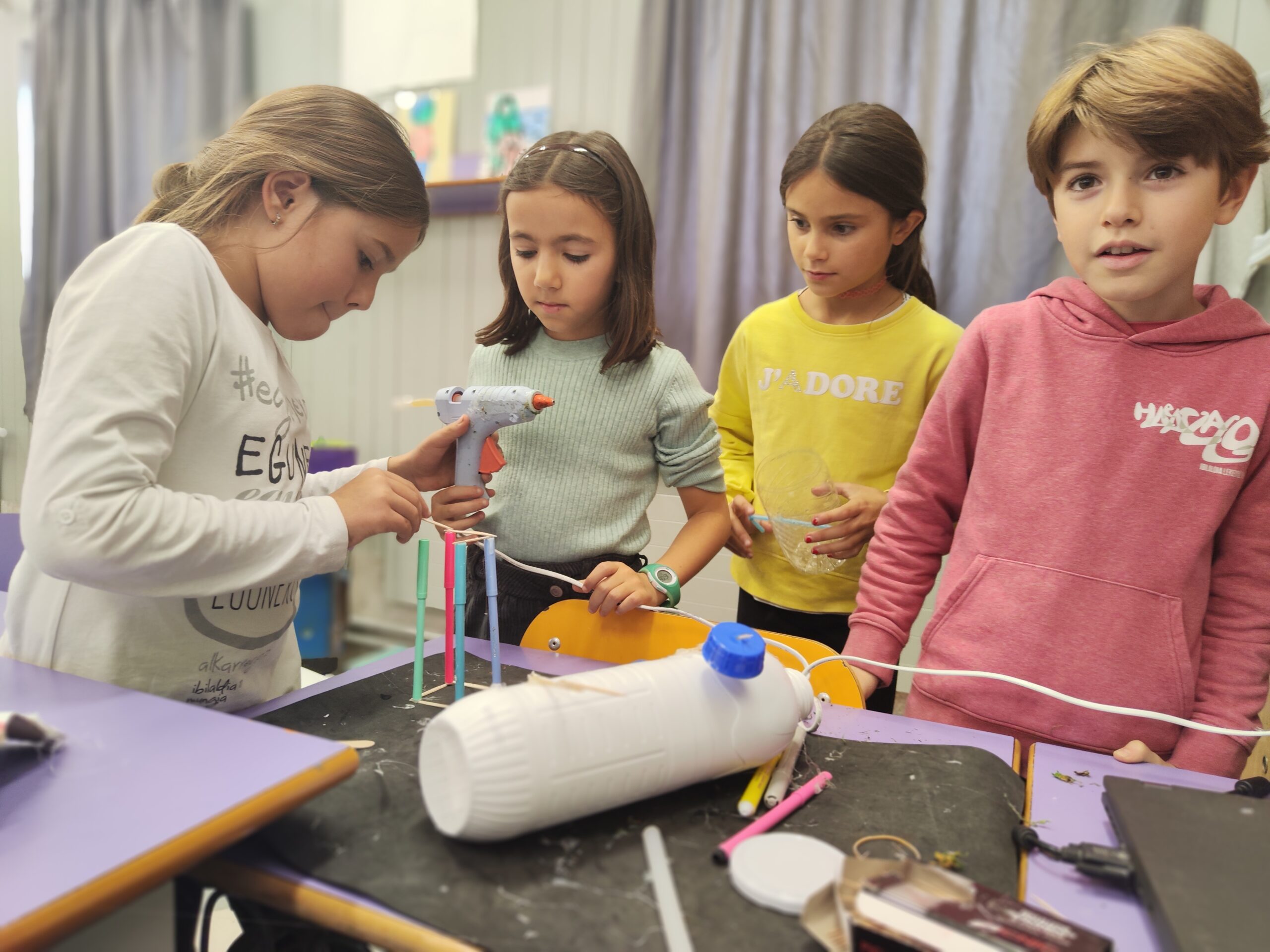
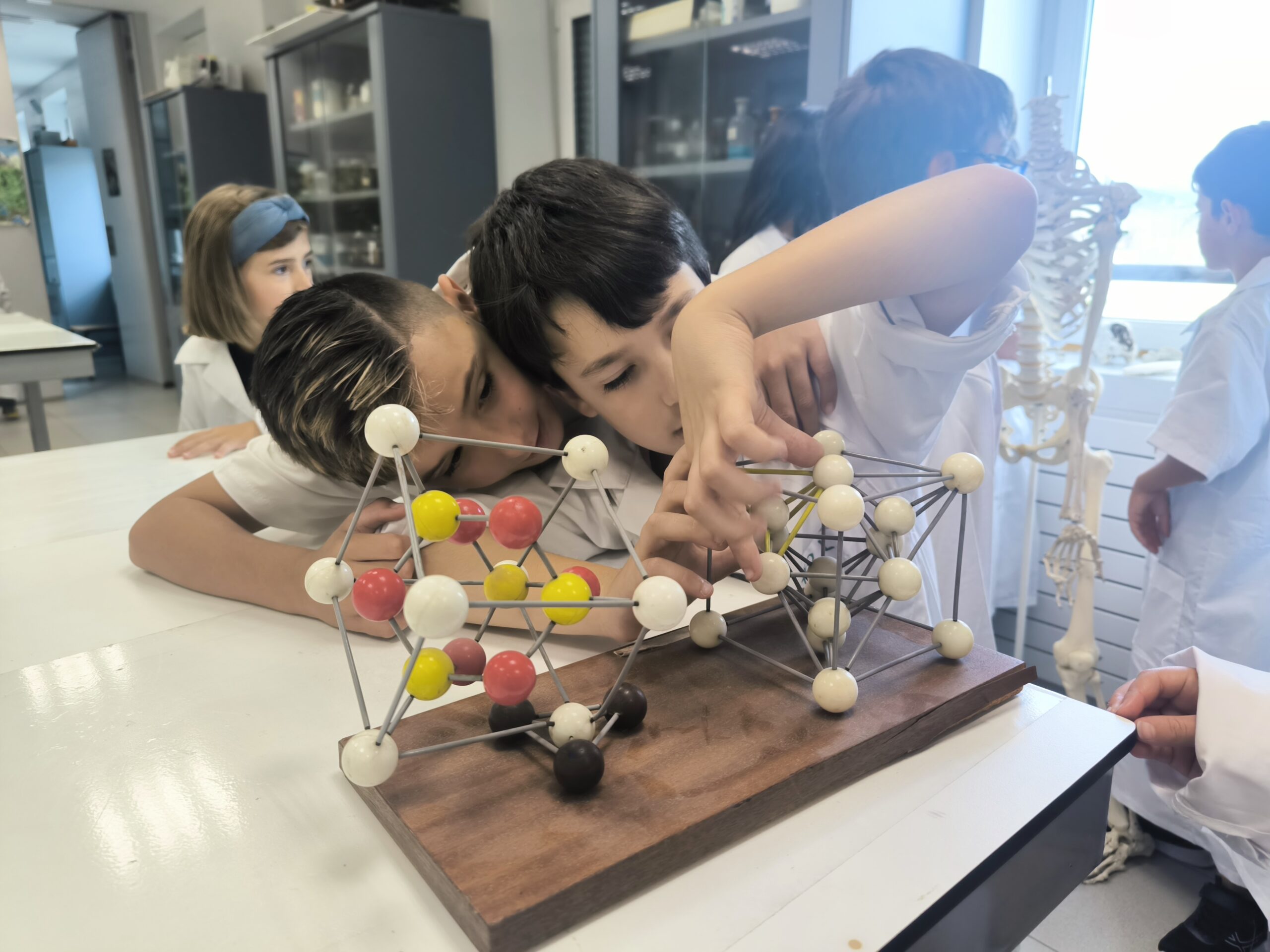
We believe that for the students’ skills development to be real and effective, their learning and growth must be related to their surrounding context. «Learning by doing» methodology introduces different real-life situations to the educational context, to make their learning process deeper and more significant.
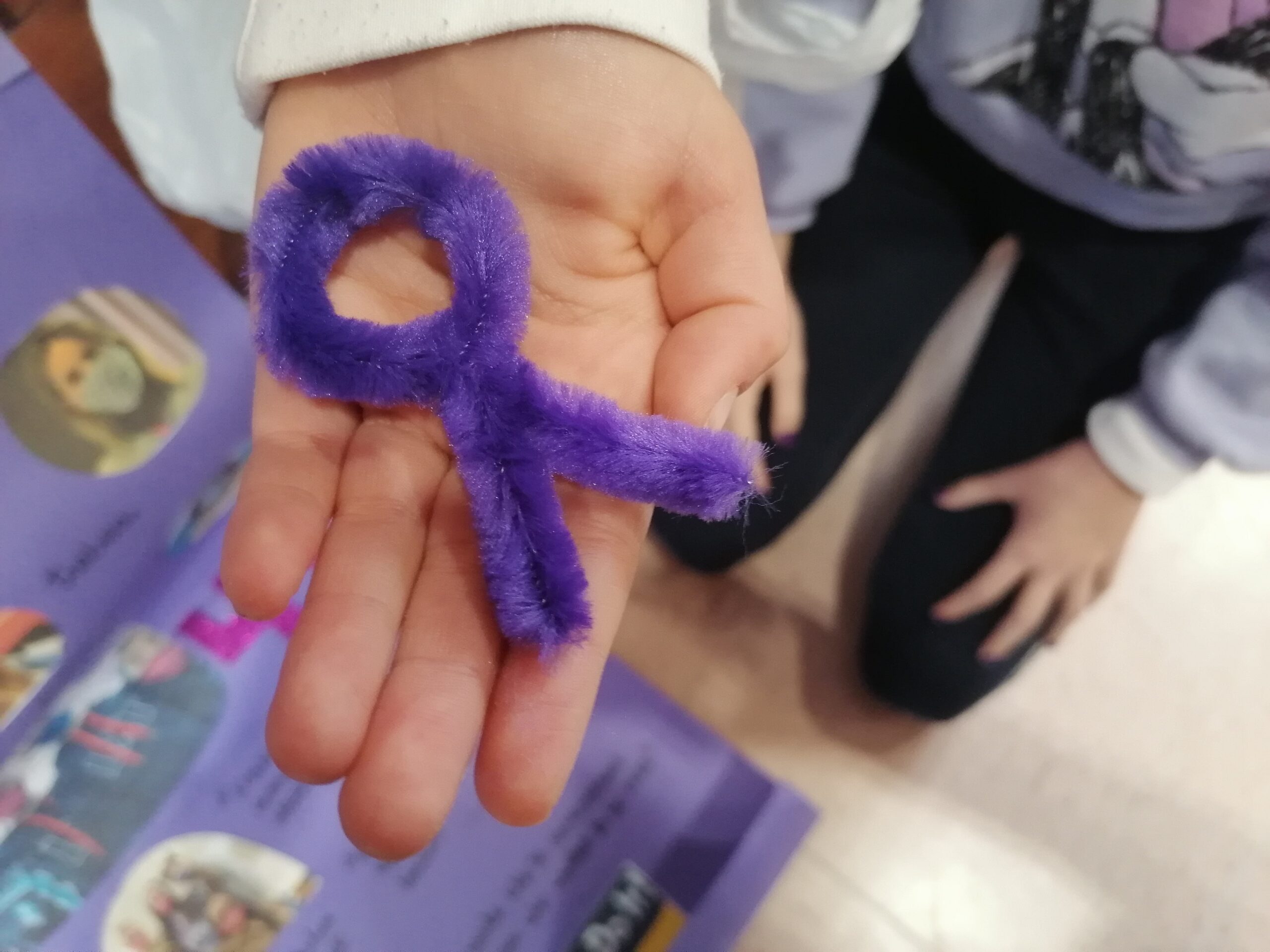
The Lauaxeta students take part in different learning projects. These projects not only help them improve their knowledge, skills, abilities, attitudes and moral values, they also enable them to act as citizens committed to their environment.
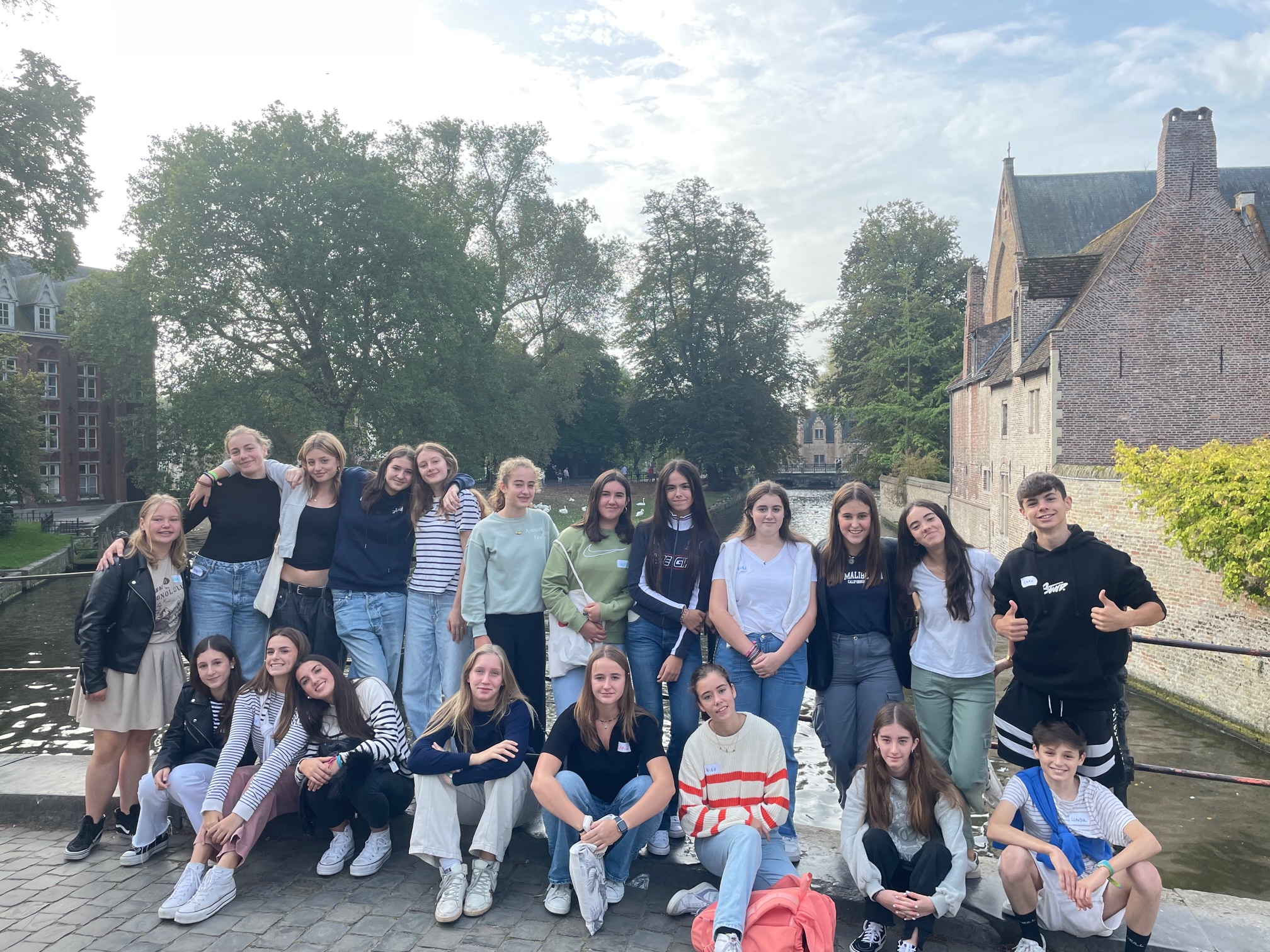
Being able to communicate is one of the main skills needed for the twenty-first century. The Lauaxeta students therefore have the opportunity to become trilingual (in Basque, Spanish and English), learning and using all three languages in a balanced way. They also study other languages such as French, German or Latin.
We believe in our students, in their ability to improve and in their progress as students and as people. The tutoring system and personalised learning are therefore two vital keys to personal improvement. In accordance with this system, each student creates their own learning process and also builds their own curriculum and tailored model.
In the case of ESO and Bachillerato, the students have the co-tutorship of 2 tutors who are in charge of their follow-up and orientation.
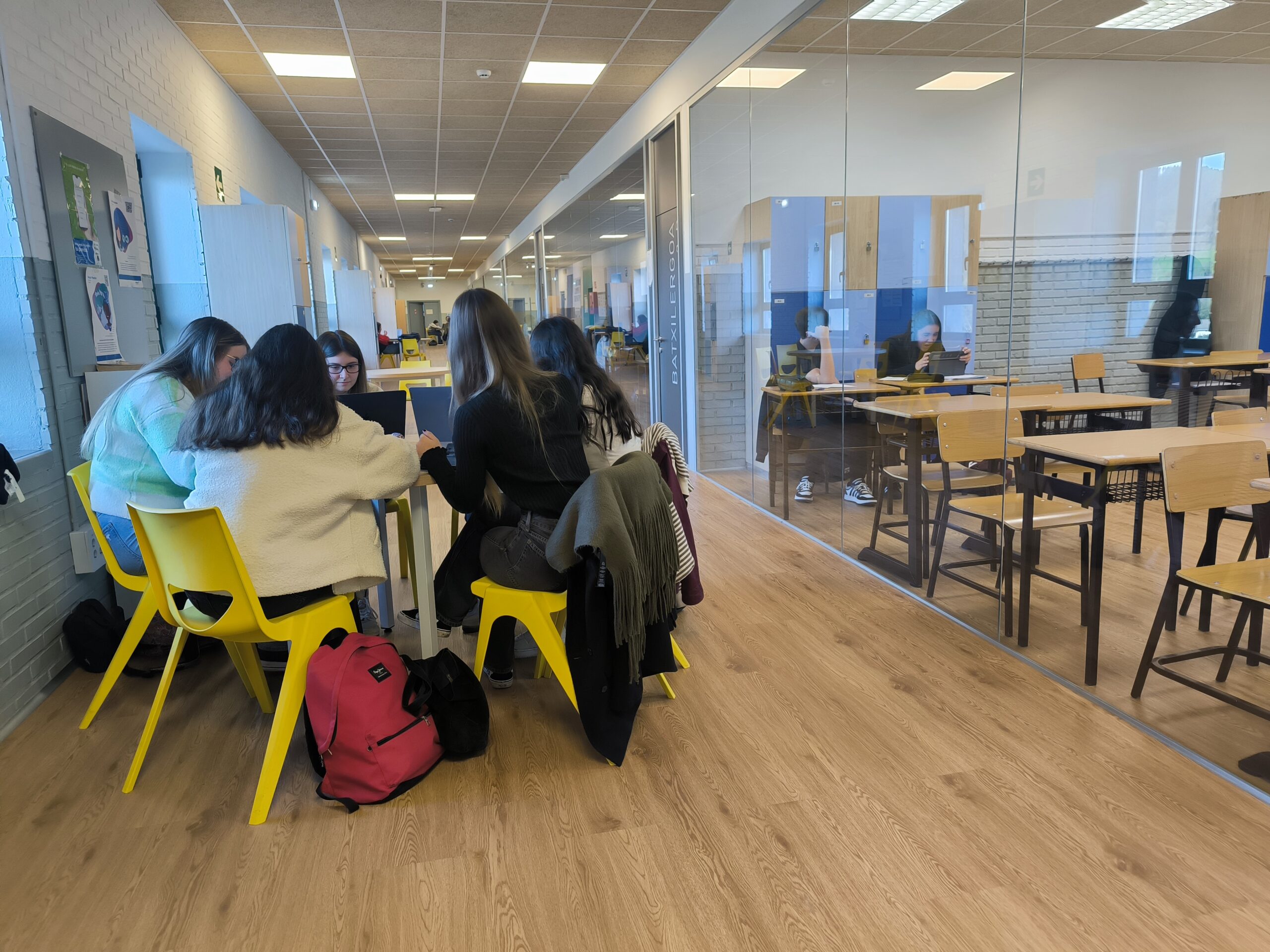
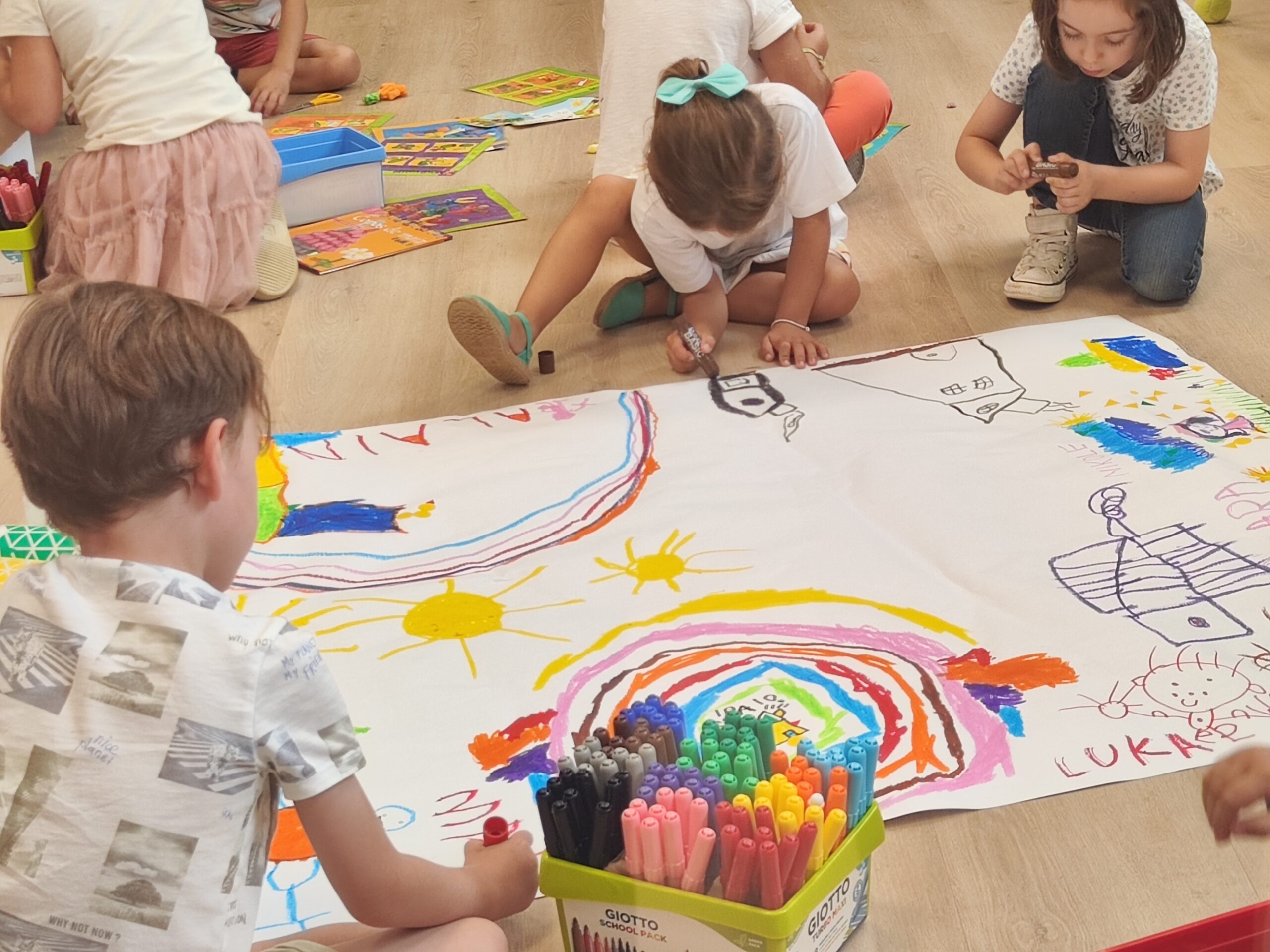
Educating for creativity and entrepreneurship, educating for change and creating people rich in originality, flexibility, future vision, initiative, confidence: people willing to take risks and face the obstacles and problems arising at school and in their day-to-day lives. The tools for innovation are a vital part of this journey.
Reflective learning is the most effective way of guaranteeing that what is to be learnt – both attitudes and content – is learnt in depth. The students constantly analyse and assess the work process and draw conclusions for its improvement, which they later apply.
